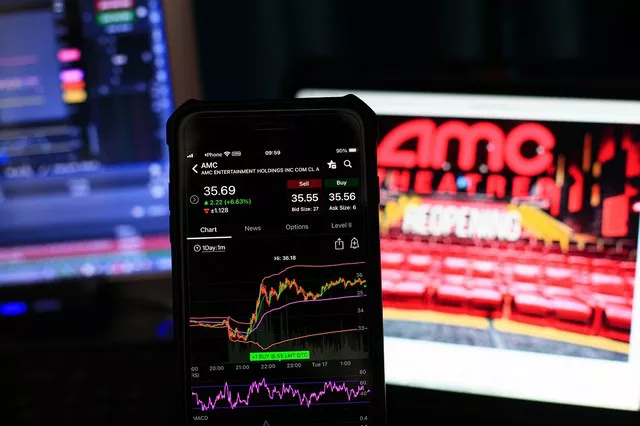Futures trading is a popular investment avenue that offers the potential for substantial profits and diversification. However, it is essential to recognize that trading futures involves inherent risks. In this comprehensive overview, we will explore the risks and rewards associated with futures trading. Understanding these dynamics will empower you to make informed decisions, manage risks effectively, and maximize your trading potential.
Understanding Futures Trading
Definition and purpose:
Futures contracts represent agreements to buy or sell a specific asset at a predetermined price and future date.
Futures trading serves several purposes, including price discovery, risk management, and speculation.
Market participants:
Individuals and institutions engage in futures trading, including speculators, hedgers, and arbitrageurs.
Each participant has different motivations and strategies, influencing market dynamics.
Key characteristics:
Leverage: Futures contracts allow traders to control a larger value of assets with a relatively small upfront investment.
Standardization: Contracts have predefined sizes, expiration dates, and delivery specifications.
Margin requirements: Traders must maintain a minimum account balance to cover potential losses.
Rewards of Futures Trading
Potential for profit:
Leveraged exposure enables traders to amplify potential gains.
Market volatility can create trading opportunities, especially for short-term traders.
Diversification benefits:
Futures markets cover a wide range of assets, including commodities, currencies, and indices.
Futures trading allows investors to diversify their portfolios beyond traditional asset classes.
Risk management and hedging:
Futures contracts provide a mechanism for hedging against price volatility, protecting against adverse market movements.
Hedging strategies can be employed to mitigate risk for producers, consumers, and investors.
Risks in Futures Trading
Market volatility:
Price fluctuations can occur rapidly in futures markets due to various factors such as economic news, geopolitical events, or supply-demand imbalances.
Increased volatility can lead to substantial gains or losses, depending on the direction of the trade.
Leverage and margin calls:
The use of leverage magnifies both potential profits and losses.
Failure to maintain sufficient margin requirements can result in margin calls, requiring additional funds to be deposited.
Counterparty risk:
Futures trading involves contractual agreements between buyers and sellers.
There is a risk that one party may default on their obligations, potentially leading to financial losses.
Liquidity risk:
Some futures contracts may have lower liquidity compared to others, resulting in wider bid-ask spreads and potential difficulties in entering or exiting positions.
Illiquid markets may increase the risk of slippage, where the executed trade price differs from the expected price.
Psychological challenges:
Emotions can significantly impact trading decisions, leading to impulsive actions or deviating from a well-defined strategy.
Traders must manage emotions such as fear, greed, and impatience to maintain discipline and make rational choices.
Risk Management Strategies
Education and research:
Acquire a deep understanding of the assets and markets you are trading.
Stay updated with relevant news, economic indicators, and market trends.
Develop a trading plan:
Establish clear entry and exit criteria, risk tolerance levels, and profit targets.
A well-defined trading plan helps maintain discipline and consistency.
Position sizing and stop-loss orders:
Determine appropriate position sizes based on risk tolerance and account size.
Implement stop-loss orders to limit potential losses and protect capital.
Diversify your portfolio:
Spread risk across different markets, asset classes, and trading strategies.
Diversification helps mitigate the impact of adverse market movements on overall portfolio performance.
Conclusion
Futures trading offers both rewards and risks for market participants. Understanding the potential profits, diversification benefits, and risk management strategies is crucial for success. By recognizing the inherent risks, employing effective risk management techniques, and continually educating yourself about market dynamics, you can navigate the world of futures trading with confidence. Remember that trading involves uncertainties, and no strategy guarantees profit. Maintain discipline, adapt to changing market conditions, and approach trading as a long-term journey of learning and growth.


